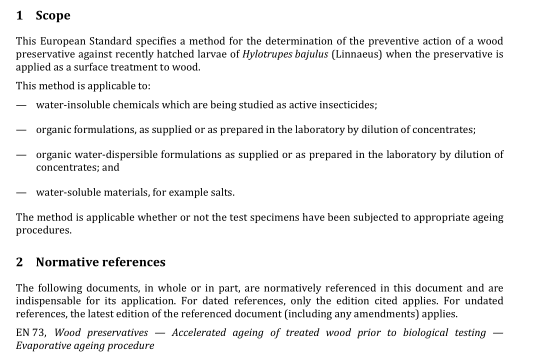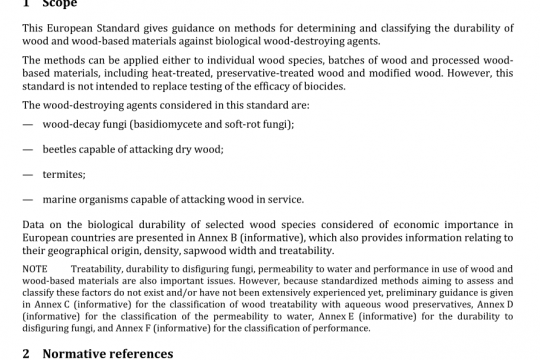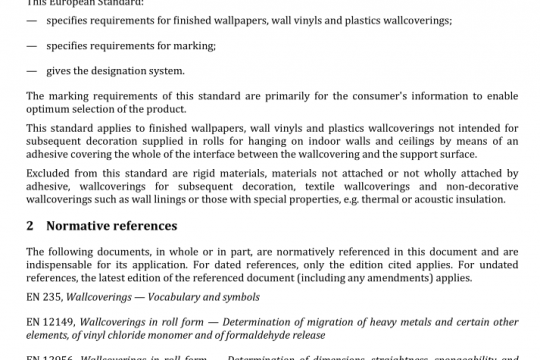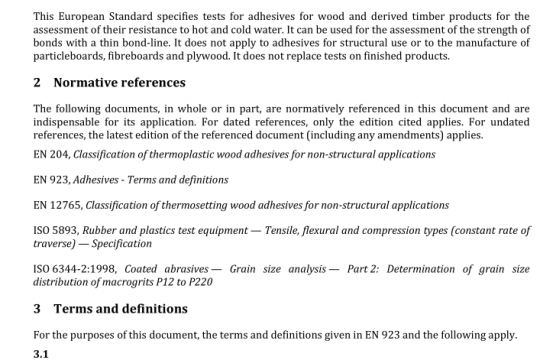BS ISO 20771 pdf free download
BS ISO 20771:2020 pdf free download.Legal translation — Requirements.
4 General Legal translation is a specialization which covers law-related or legal specialist field translation in terms of content as well as context (e.g. legal settings). Given the highly specialist field, potential legal consequences of mistranslation, and formal and liability issues, legal translation requires specific competences and qualifications and a very professional approach from the specialist translators involved in providing the legal translation service. Due to the formalized, official or sensitive nature of the subject matter in certain countries, settings and under certain circumstances, legal translators can be subject to specific professional, confidentiality and ethical requirements, authorization, certification, and security clearance procedures. Furthermore, in some counties and settings certain types of legal translation are performed by officially authorized legal translators who have to comply with specific official requirements.
For the purpose of this document, the distinction should be noted between legal translation in general and authorized legal translation in particular:
a) legal translation refers to any law-related or legal specialist field translation. This typically covers translation of agreements, contracts, acts of law, powers of attorney, notarial deeds, court decisions, financial statements, registration documents or any other legal documents which do not require translation certification by an authorized legal translator but should be translated by a legal translator who specialises in translating this type of content and context, and provides translation services within this specialist field;
b) authorized legal translation refers to specialized translation performed by officially authorized legal translators (who in some countries or regions are also referred to as court appointed translators, sworn translators, court authorized legal translators or certified legal translator
c) and the certified translation output they provide has the status of officially recognized documents. This typically covers translation of personal documents, certificates, documents used in court and administrative proceedings and any other personal of corporate documents that require certification and signing off by an officially authorized legal translator using personal signature, electronic signature, official seal or other officially recognized methods. It should be noted that the quality of legal translation is highly dependent on the competences, qualifications and experience of the individual legal translator who has to rely on many resources and reference documents. In some situations, machine translation might be used by a human translator as one of the resources available, within a CAT tool or a TMS for example, and the translator may choose to use or ignore such resources (on term or segment basis) and make informed decisions as to using such material or rejecting it. Consulting of an MT resource by a legal translator does not constitute use of raw machine translation plus post-editing.
5? Competences? and? qualifications
5.1 Required competences of legal translators Legal translators shall have the following competences.
a) Translation competence: the ability to translate specialist legal content, including the ability to address the problems of specialist language content comprehension and production, and the ability to render the target language content in accordance with the project specifications, using the correct language register, specialist terminology and taking into account other aspects of legal translation specialization.
b) Linguistic and textual competence in the source language and the target language: the ability to fully understand the source language, fluency in the target language, and knowledge of specialist genre conventions, language registers, legal collocations and terminology in both the source and target language. The linguistic and textual competence includes the ability to apply this knowledge and specialist legal terminology when producing legal translation.
c) Specialist legal field competence: the ability to understand specialist legal content produced in the source language and to reproduce it in the target language, using the appropriate up-to- date specialist legal language register, genre conventions, terminology and style. If required and authorized to do so, a legal translator should have the knowledge of proper procedure for certifying a translation.BS ISO 20771 pdf download.




